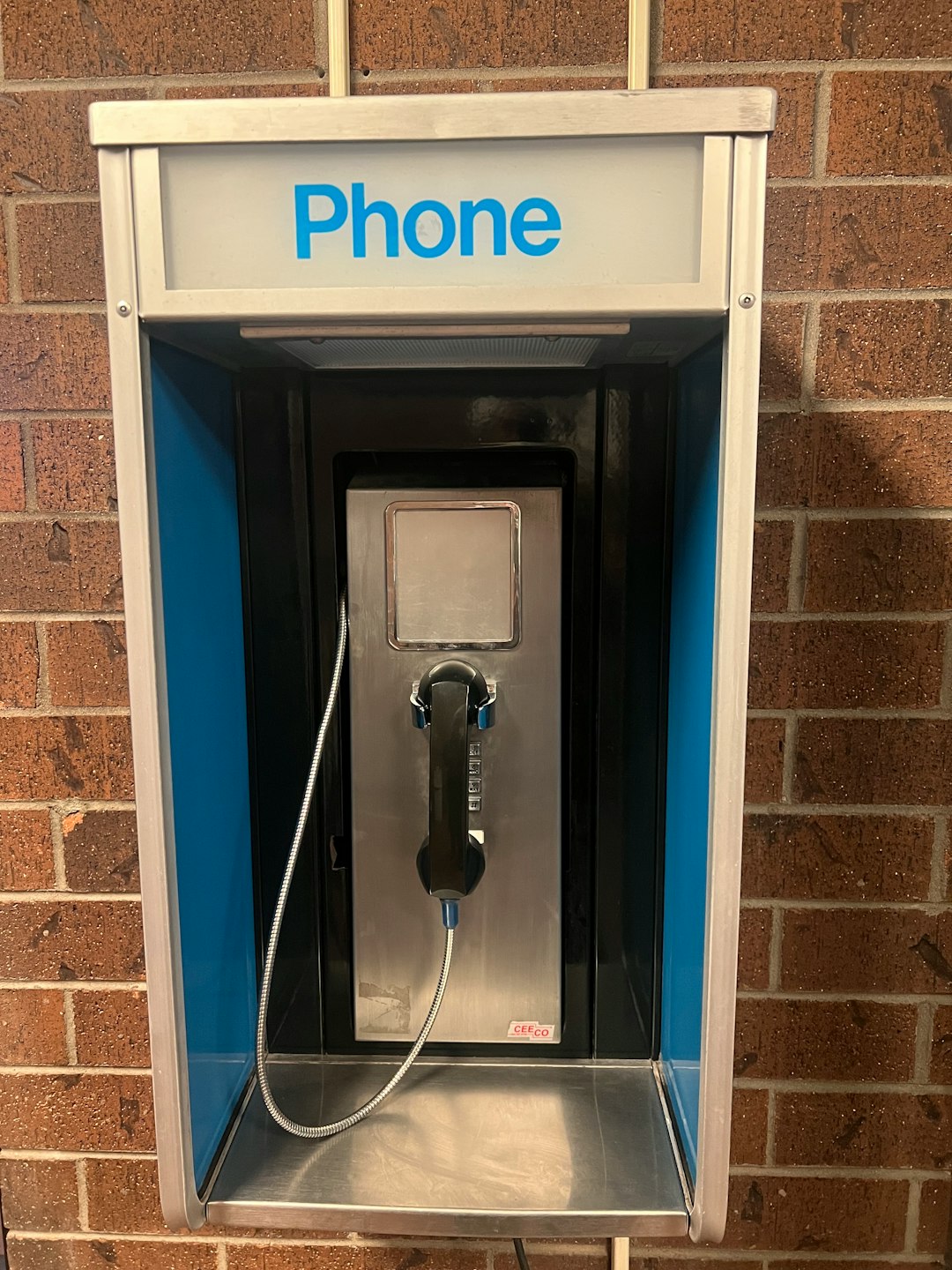Spam calls, driven by automated technologies, are a growing concern in Nebraska, disrupting residents and businesses. Nebraska's consumer protection laws target unsolicited telemarketing, with spam call attorneys offering guidance. Understanding rights under these laws is crucial for mitigating spam impact and fostering a peaceful environment. Specialists navigate the Telephone Consumer Protection Act (TCPA) to protect Nebraskans from intrusive calls, especially those related to public health initiatives.
In Nebraska, as across the nation, spam calls have become a ubiquitous and increasingly concerning issue. This article delves into the intricate connection between unwanted phone calls and local public health, exploring their significant impact on communities. We examine how these relentless calls contribute to rising concerns within public health systems. Furthermore, we highlight the critical role a spam call attorney can play in navigating legal avenues to protect Nebraskans from this pervasive nuisance, offering a path towards a quieter, healthier environment.
Understanding Spam Calls: A Prevalent Issue in Nebraska

Spam calls, or unsolicited telephone marketing calls, are a prevalent issue in Nebraska, much like many other states across the country. These calls can range from pre-recorded messages promoting products and services to live sales pitches from aggressive telemarketers. With the rise of automated technologies, spam call volumes have increased exponentially, leading to significant disruptions for residents and businesses alike.
In Nebraska, as in many places, these unwanted calls often fall under the category of consumer protection laws, with specific regulations targeting telemarketing practices. A spam call attorney in Nebraska can help individuals and companies navigate these complex legal aspects, offering guidance on how to deal with persistent or abusive telephone marketing activities. Understanding one’s rights is crucial in mitigating the impact of spam calls and ensuring a safer, more peaceful environment for Nebraskans.
The Impact on Local Public Health: A Rising Concern

The prevalence of spam calls has emerged as a growing concern for local public health in Nebraska, impacting communities across the state. These unwanted and often fraudulent phone calls not only disrupt individuals’ daily lives but also pose significant challenges to public health initiatives. With a focus on quick profits, spam call rings target residents, preying on their trust and vulnerability, especially during times of heightened awareness about health matters.
In Nebraska, where access to reliable healthcare is vital, spam calls can divert attention from important public health messages and guidance. A spam call attorney in Nebraska highlights the need for stricter regulations to combat this issue. By increasing awareness and educating the public, communities can better protect themselves from these intrusive and potentially harmful calls, ensuring that critical public health information reaches the right people without distraction.
Legal Perspective: How a Spam Call Attorney Can Help

In Nebraska, as in many states across the country, spam calls have become a persistent and frustrating issue, especially regarding public health initiatives. While many efforts focus on blocking or mitigating such calls, a legal perspective offers an essential strategy to combat this problem. A spam call attorney in Nebraska can play a pivotal role in holding offending parties accountable under state and federal laws designed to protect consumers from unwanted telemarketing practices.
These attorneys specialize in navigating the complexities of telephone consumer protection law (TCPA) and can assist in identifying and prosecuting entities responsible for bulk or automated calls, including those related to public health misinformation or scams. By leveraging legal avenues, a spam call attorney can help ensure that Nebraska residents are protected from not only intrusive calls but also from potential health risks associated with deceptive or misleading information disseminated through such channels.






